Novva Data Centers Expands to San Francisco With $500M Investment
The company is building a 28-megawatt data center in South San Francisco with the first phase delivering in summer 2026.
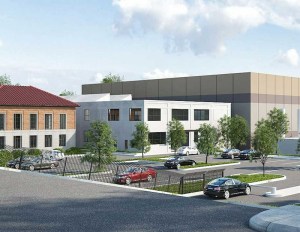
A rendering of Novva’s newest data center in San Francisco. Image courtesy of Novva Data Centers
Novva Data Centers has acquired a 7.5-acre campus in South San Francisco with plans to invest more than $500 million in developing a 28-megawatt facility. The project, 9MW, will include green features and advancements in data center design.
The first phase of 9MW will launch in the summer of 2026. Once built out, the two-story data center facility will be 182,000 square feet with a 56,000-square-foot office and an operations support center.
It will be the company’s fifth announced location in less than three years as Novva continues expanding its footprint throughout the Western United States. In May, Novva broke ground on a second facility on a 20-acre site in Reno, Nev., within the Tahoe-Reno Industrial Center. The 300,000-square-foot, 60MW facility will be its fourth at the Reno complex and is expected to come online in late 2024.
In September 2022, Novva started construction of a 100MW data center in the Tropical Distribution Center industrial development in Las Vegas, Nev. Novva also has campuses in West Jordan, Utah, and Colorado Springs, Colo.
Green data center
Wes Swenson, Novva’s CEO, said in a prepared statement the South San Francisco location will be one of the greenest data centers created in the Bay Area. He said it represents a rare opportunity for clients to locate intelligent computing in one of the most important cities for software and hardware development in the world.
The data center will include numerous advancements in data center design. Features are set to be:
- 28MW N+1 critical compute load via Novva’s proprietary electrical delivery system which has no centralized infrastructure and is designed for resiliency, concurrent maintenance and distributed redundancy
- A water-free air-cooling system
- Generators that will operate with hydro-treated vegetable oil, a biodiesel
- Sodium Ion UPS batteries with no thermal runaway risk or rare earth materials
- Recyclable polypropylene employed for the chilled water loop air supply
- A direct-to-chip cooling loop

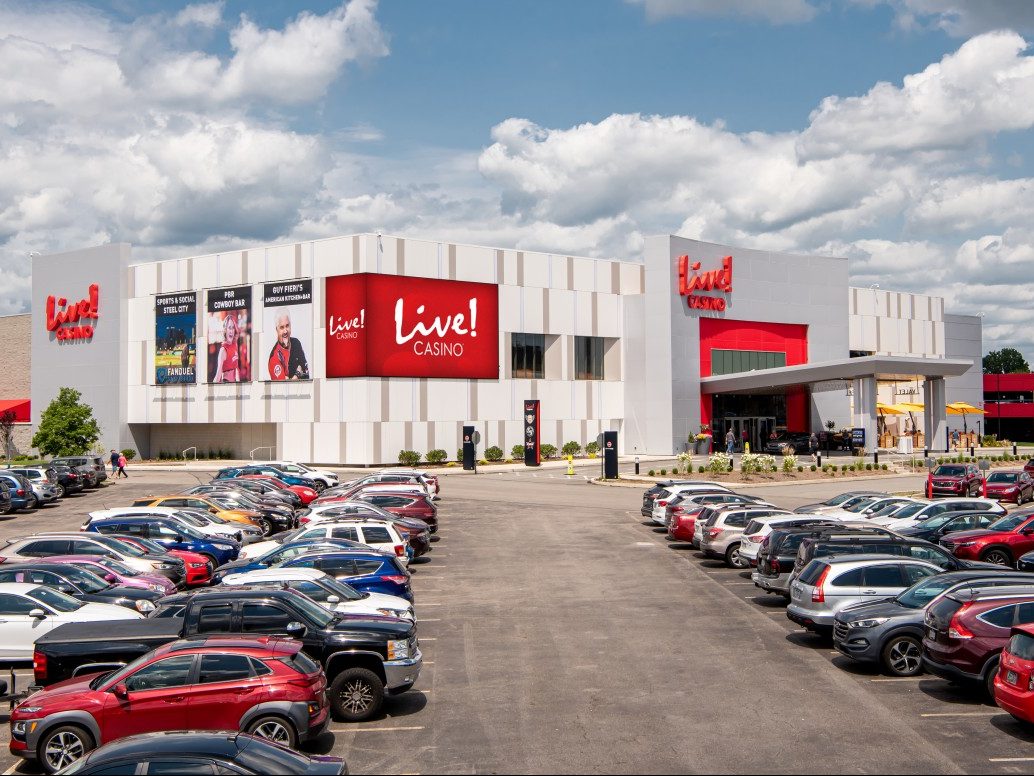
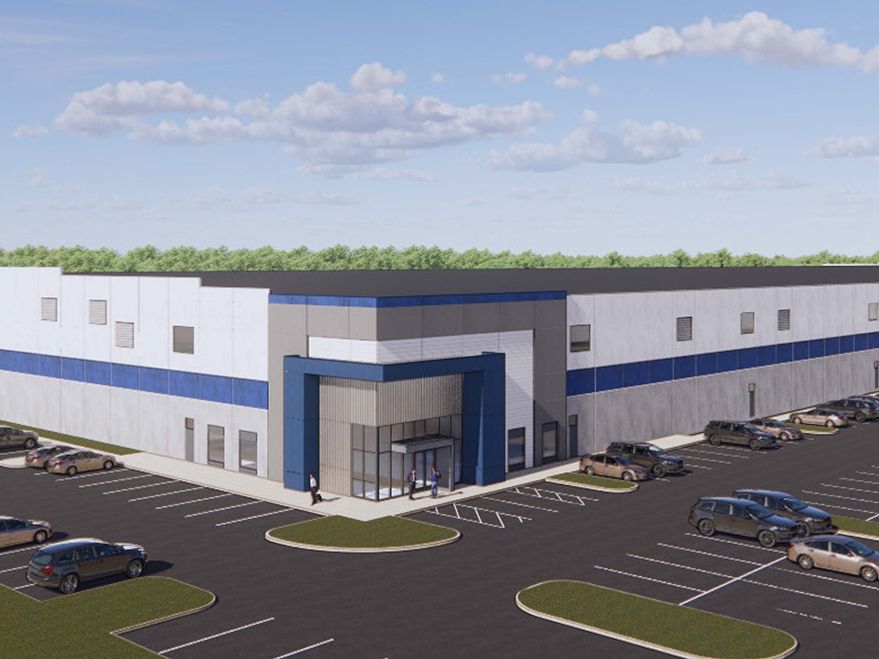

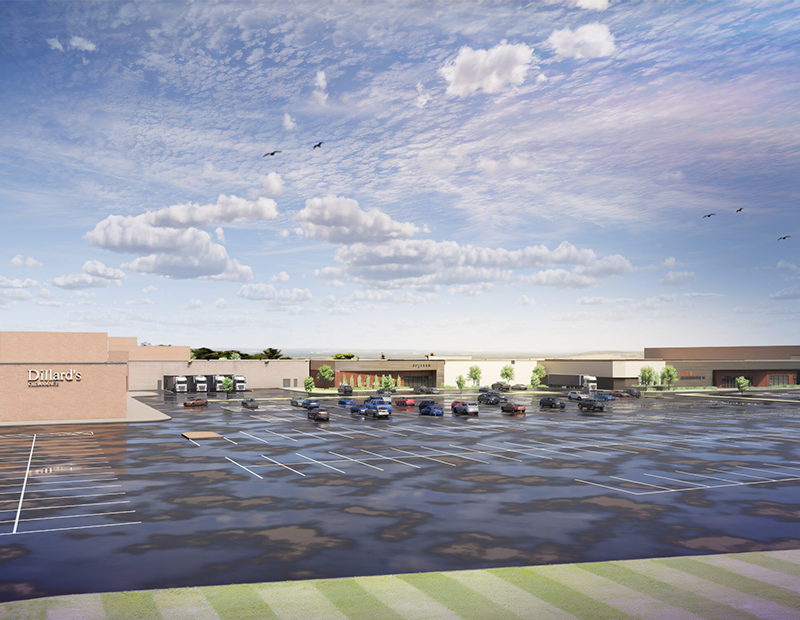

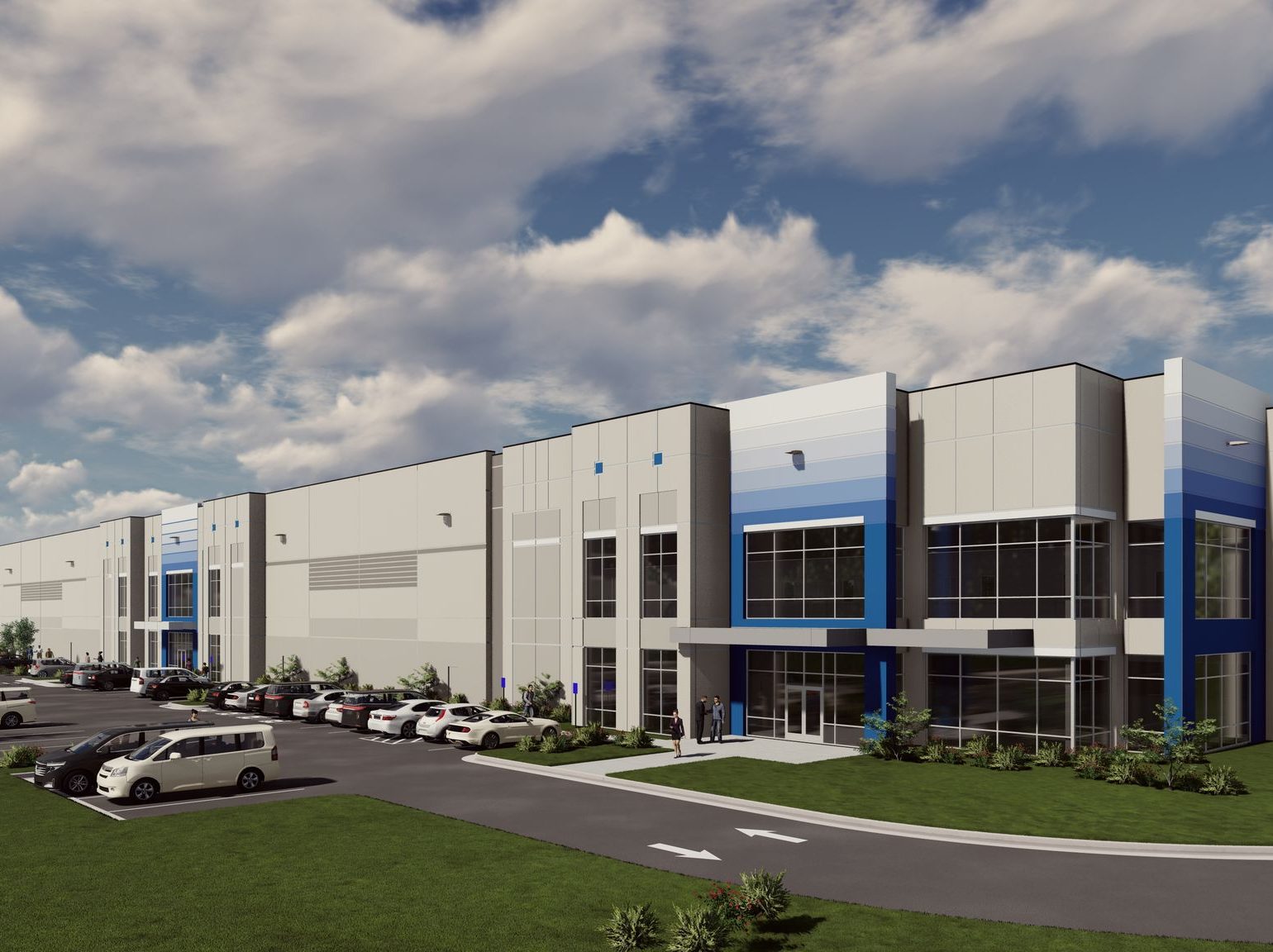
You must be logged in to post a comment.